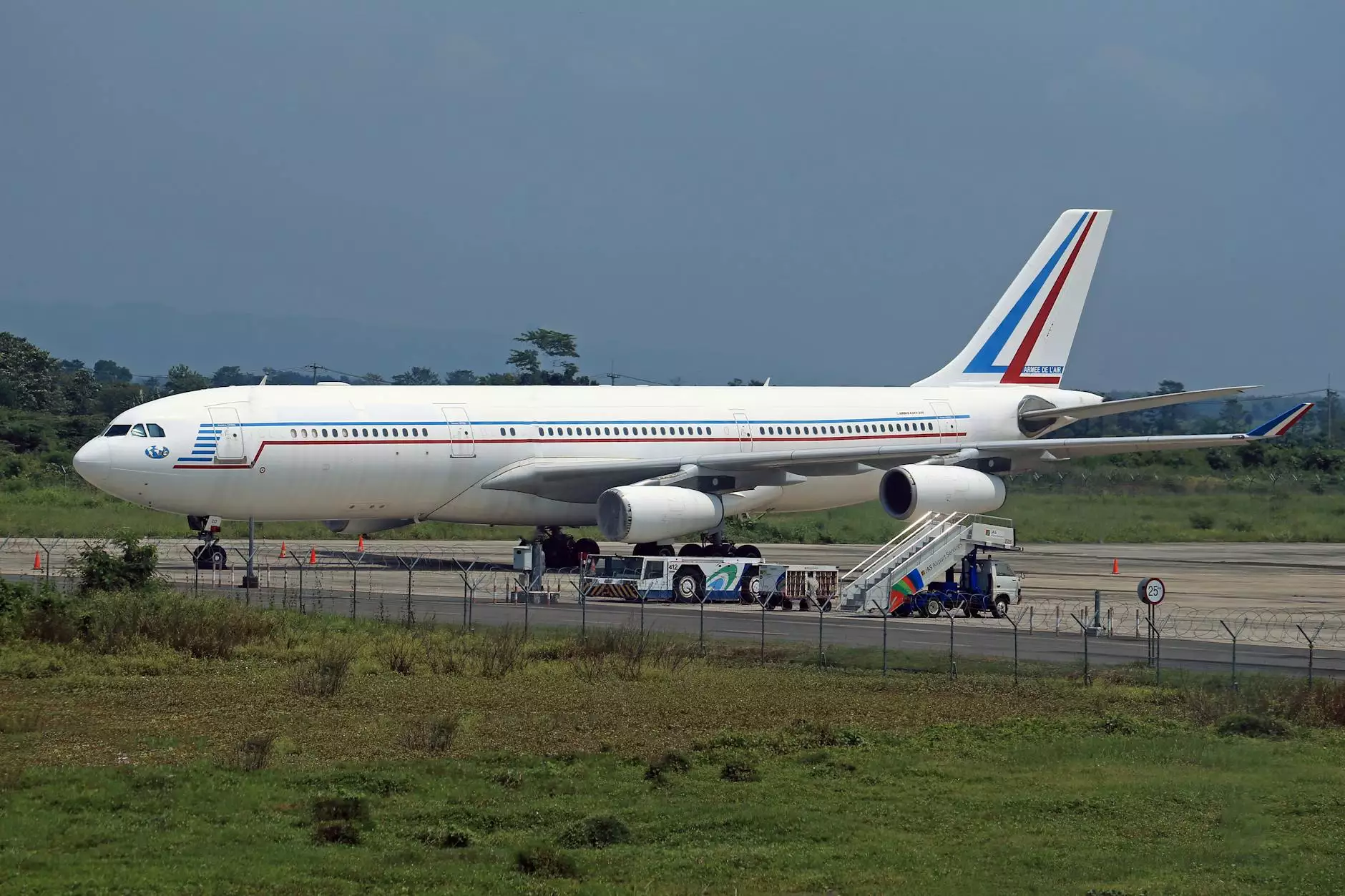Unlocking the Skies: The Essential Guide to **Airline Service Providers**

The aviation industry stands as a testament to human ingenuity and connectivity, enabling millions to traverse the globe with unprecedented speed and convenience. At the heart of this vast web of travel lies the pivotal role of airline service providers. This article delves into the complexities of airline service providers, examining their functions, the services they offer, and their profound impact on the travel experience.
Understanding Airline Service Providers
Airline service providers encompass a broad spectrum of entities that contribute to the operation and management of airlines and airports. They are crucial to ensuring smooth operations, safety, customer satisfaction, and efficient resource management. The services they provide can be categorized as follows:
- Operational Support: Includes ground handling, maintenance, and logistics assistance.
- Passenger Services: Encompasses check-in, boarding, and in-flight services.
- Technical Services: Offers aircraft maintenance, repair, and overhaul (MRO) solutions.
- Consultancy Services: Provides strategic insights and operational efficiency evaluations.
The Importance of Airline Service Providers
The significance of airline service providers in maintaining the integrity and functionality of the aviation sector cannot be overstated. Here are a few points highlighting their importance:
- Safety and Compliance: These providers ensure that airlines comply with stringent safety regulations and standards set by aviation authorities worldwide.
- Efficiency: By managing ground operations and logistics, airline service providers enhance overall operational efficiency, resulting in timely departures and arrivals.
- Customer Experience: A comprehensive range of passenger services enhances customer satisfaction, ensuring that travelers have a positive experience from check-in to landing.
- Cost Management: Professional service providers help airlines manage operational costs, allowing them to offer competitive fares.
Key Services Offered by Airline Service Providers
Understanding the specific services offered by airline service providers is vital for grasping their comprehensive role in the travel ecosystem. Here are some of the key services:
1. Ground Handling Services
Ground handling services form the backbone of the *airline experience*. These services include everything that happens to an airplane when it is on the ground, from ramp services, baggage handling, and passenger check-in to security checks. Effective ground handling ensures a seamless transition for passengers both arriving and departing.
2. Aircraft Maintenance and Support
Aircraft must adhere to strict maintenance schedules. Airline service providers offer comprehensive maintenance, repair, and overhaul (MRO) services adhering to international safety standards, ensuring airplane safety and reliability.
3. Flight Operations Management
These providers also assist airlines with operational planning, including scheduling, route management, and resource allocation. By optimizing flight operations, they help airlines maximize efficiency while minimizing delays.
4. Passenger Services
Passenger service offerings include airport managers, check-in kiosks, boarding personnel, lounge access, and in-flight entertainment systems. These services are essential in providing a comfortable and enjoyable travel experience.
5. IT Solutions and Management
Modern air travel relies heavily on technology. Airline service providers offer IT solutions for booking systems, customer relationship management, and operational controls. These tools are crucial for efficient airline management.
The Role of Technology in Airline Services
Technological advancements have revolutionized the capabilities of airline service providers. Innovations such as artificial intelligence (AI), data analytics, and mobile applications enhance customer engagement and streamline operations.
1. AI and Automation
AI technology is increasingly being utilized for predictive maintenance, automated customer service, and personalization of passenger experiences. Automation reduces delays and enhances reliability.
2. Data Analytics
Data analytics allows airlines to interpret vast amounts of data to better understand passenger preferences, optimize pricing strategies, and improve route efficiency.
3. Mobile Applications
Mobile apps have transformed how passengers interact with airlines, providing real-time updates, booking capabilities, and customer service chatbots, ultimately enhancing the travel experience.
Challenges Faced by Airline Service Providers
Despite their critical role, airline service providers face several challenges, including:
- Regulatory Compliance: Navigating the complex landscape of international aviation regulations can be daunting.
- Cost Management: Balancing operational costs while maintaining service quality is a persistent challenge.
- Technological Adaptation: Keeping up with rapid technological changes requires continuous investment and training.
- Customer Expectations: Modern travelers demand higher standards of service and personalization, challenging providers to meet these expectations.
Future Trends in Airline Services
The future of airline services will likely be influenced by several emerging trends.
1. Sustainable Aviation Practices
Sustainability is becoming a significant concern for the aviation industry. Airline service providers will increasingly focus on eco-friendly practices, including reducing carbon footprints and minimizing waste.
2. Enhanced Passenger Experience
The push for enhanced passenger experience through personalized services and improved customer interaction is likely to become even more pronounced, leveraging technology to exceed customer expectations.
3. Integration of Blockchain Technology
Blockchain technology may revolutionize how data is managed, offering transparent and secure transactions for ticketing and baggage handling.
Conclusion
In summary, airline service providers play an indispensable role in the aviation industry, ensuring safety, efficiency, and satisfaction for travelers around the globe. Understanding their functions highlights their impact not just on individual flights but on the entire ecosystem of air travel. As the industry evolves, these providers will continue to adapt and innovate, setting new standards and enhancing the journey for future travelers.
For airlines looking to thrive in a competitive marketplace, partnering with reputable airline service providers can make a significant difference. By leveraging their expertise, airlines can focus on their core operations while ensuring that passengers receive the highest level of service. Explore more about comprehensive aviation services and the pivotal role they play at awery.aero. Let's embrace the future of flying!



